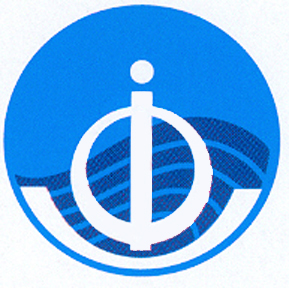In an article titled "Rio+20: The Countdown Begins," UNESCO IOC outlines its role in implementing the sustainable development agenda, addressing issues related to, among others, the Global Ocean Observing System (GOOS), Large Marine Ecosystems (LMEs) and the Regular Process.
 February 2011: The Intergovernmental Oceanographic Commission (IOC) of the UN Educational, Scientific and Cultural Organization (UNESCO) has released an article titled “Rio+20: The Countdown Begins,” which outlines its role in implementing the sustainable development agenda.
February 2011: The Intergovernmental Oceanographic Commission (IOC) of the UN Educational, Scientific and Cultural Organization (UNESCO) has released an article titled “Rio+20: The Countdown Begins,” which outlines its role in implementing the sustainable development agenda.
In the article, IOC underscores the role it plays in implementing Agenda 21 and the Plan of Implementation of the Johannesburg Summit, highlighting the mandate to establish a Global Ocean Observing System (GOOS) and the call contained in Agenda 21 for the establishment of a global ocean observing system that will enable effective management of the marine environment and sustainable utilization of its natural resources.
It explains that a current challenge for GOOS is to broaden the observation network to include biological and chemical variables to underpin assessment of the state of the oceans beyond climate, including, carbon uptake, acidification, ecosystem change and biodiversity. IOC then suggests that developing a convention for the collection and exchange of essential ocean observations could further the development of GOOS.
On Large Marine Ecosystems (LMEs), IOC emphasizes that it has assisted several countries in preparing LMEs project proposals for submission to the Global Environment Facility (GEF), and indicates that ecosystem protection is likely to be a focus of discussion in Rio 2012.
On the Regular Process for Global Reporting and Assessment of the State of the Marine Environment, Including Socio-Economic Aspects (Regular Process), the IOC underlines that although IOC and the UN Environment Programme (UNEP) were requested to launch the first phase of the Regular Process, strong institutional support will need to be put in place across the UN system in order to support it.
IOC concludes by indicating that it will be urging discussions on emerging issues of special interest for ocean science, including ocean acidification, marine debris, “solar geoengineering,” and blue carbon, carbon sequestration in blue forest ecosystems. [Publication: Rio+20: The Countdown Begins]